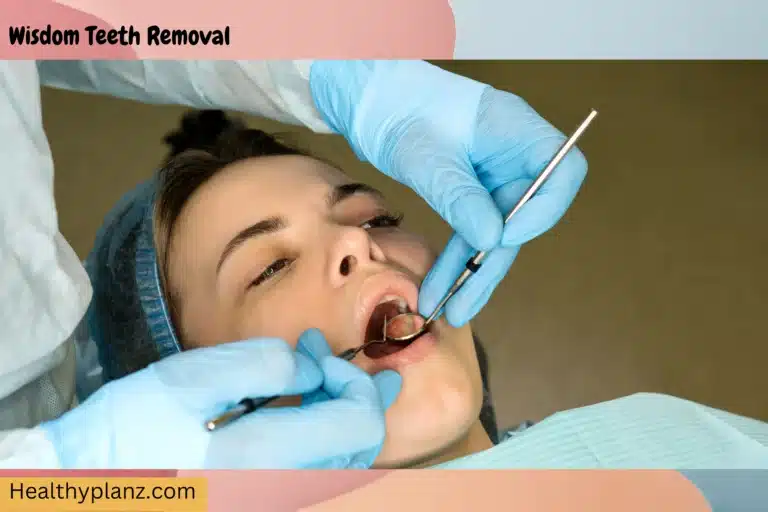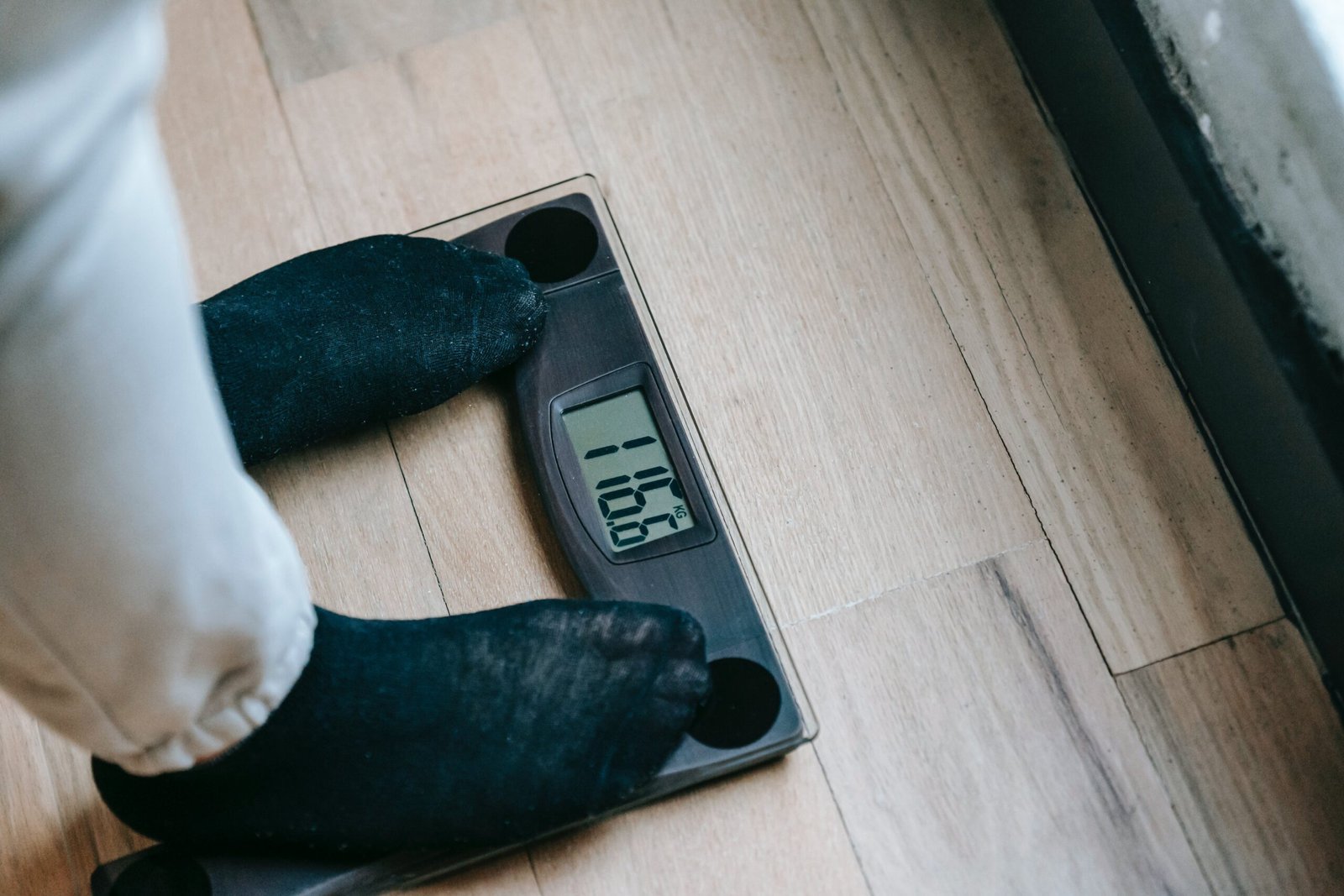Wisdom Teeth Removal: What You Need to Know Before Going Under the Knife
Introduction
Wisdom teeth removal is a common dental procedure that involves the extraction of one or more wisdom teeth— the four permanent adult teeth located at the back corners of your mouth on the top and bottom. For many, wisdom teeth become a topic of discussion with their dentist or oral surgeon due to issues with pain, crowding, or misalignment. In this comprehensive guide, we’ll dive into everything you need to know about the removal process, how to prepare, and what to expect afterwards.
Why Remove Wisdom Teeth?
Wisdom teeth, or third molars, typically emerge in our late teens or early twenties. In many cases, they’re impacted, meaning they don’t have enough room to emerge or grow properly. This can lead to several problems, including:
- Pain and swelling
- Infection or gum disease
- Damage to adjacent teeth
- Development of cysts
Removing wisdom teeth is a preemptive step to avoid these issues or to address existing discomfort and dental complications.
The Process of Wisdom Teeth Removal
Pre-Surgery Preparations
Before wisdom teeth are removed, your dentist or oral surgeon will conduct an X-ray to assess the position and condition of your wisdom teeth. You’ll discuss anesthesia options to ensure you’re comfortable throughout the procedure; these typically include local anesthesia, sedation, or general anesthesia.
During the Procedure
The complexity of wisdom tooth removal varies. If the tooth has fully emerged, it may be extracted like any other tooth. However, if the tooth is impacted or below the surface, the surgeon may need to make an incision in the gum and remove the bone that blocks access to the tooth. The tooth may be divided into sections for easier removal.
Post-Surgery Recovery
Recovery from wisdom tooth removal typically takes a few days. You may experience swelling, bruising, and discomfort, which can be managed with painkillers and cold compresses. It’s important to avoid strenuous activity and follow your surgeon’s advice on diet and oral hygiene.
Potential Complications of Wisdom Teeth Removal
While wisdom teeth removal is a safe procedure, potential complications can include:
- Dry socket, where the blood clot at the site of the extraction fails to develop, or dislodges
- Infection due to bacteria or trapped food particles
- Damage to nearby teeth or nerves, although rare,
Costs and Considerations
The cost of wisdom teeth removal can vary widely depending on the complexity of the procedure and whether it’s covered by dental insurance. It’s important to discuss the anticipated costs with your dental professional beforehand.
How to Choose the Right Oral Surgeon or Dentist
Choosing a qualified professional is crucial for a smooth, successful wisdom teeth removal. Look for board-certified oral surgeons or dentists with extensive experience in tooth extractions. Don’t hesitate to ask about their credentials or to seek recommendations from friends and family.
Preparing for Your Wisdom Teeth Removal
To prepare for wisdom teeth removal:
- Arrange for someone to drive you home post-surgery
- Follow pre-surgery instructions, especially fasting if you’re receiving general anesthesia
- Stock up on soft foods for the post-surgery recovery period
FAQs About Wisdom Teeth Removal
Q: Is wisdom teeth removal painful?
A: You shouldn’t feel pain during the procedure due to anesthesia. Discomfort and swelling are common post-surgery but manageable with medication and ice packs.
Q: How long is the recovery time?
A: Most people return to normal activities within 3–4 days, though full healing can take up to two weeks.
Conclusion: Embracing a Wise Decision
Wisdom teeth removal is a significant decision that can prevent future dental issues and preserve your oral health. By understanding the procedure, preparing properly, and choosing the right dental professional, you can ensure a smooth process and swift recovery. Remember to follow post-surgery instructions closely, and don’t hesitate to reach out to your dentist or oral surgeon with any concerns.
Resources:
Infection After Wisdom Teeth Removal: Understanding the Risks and Prevention






